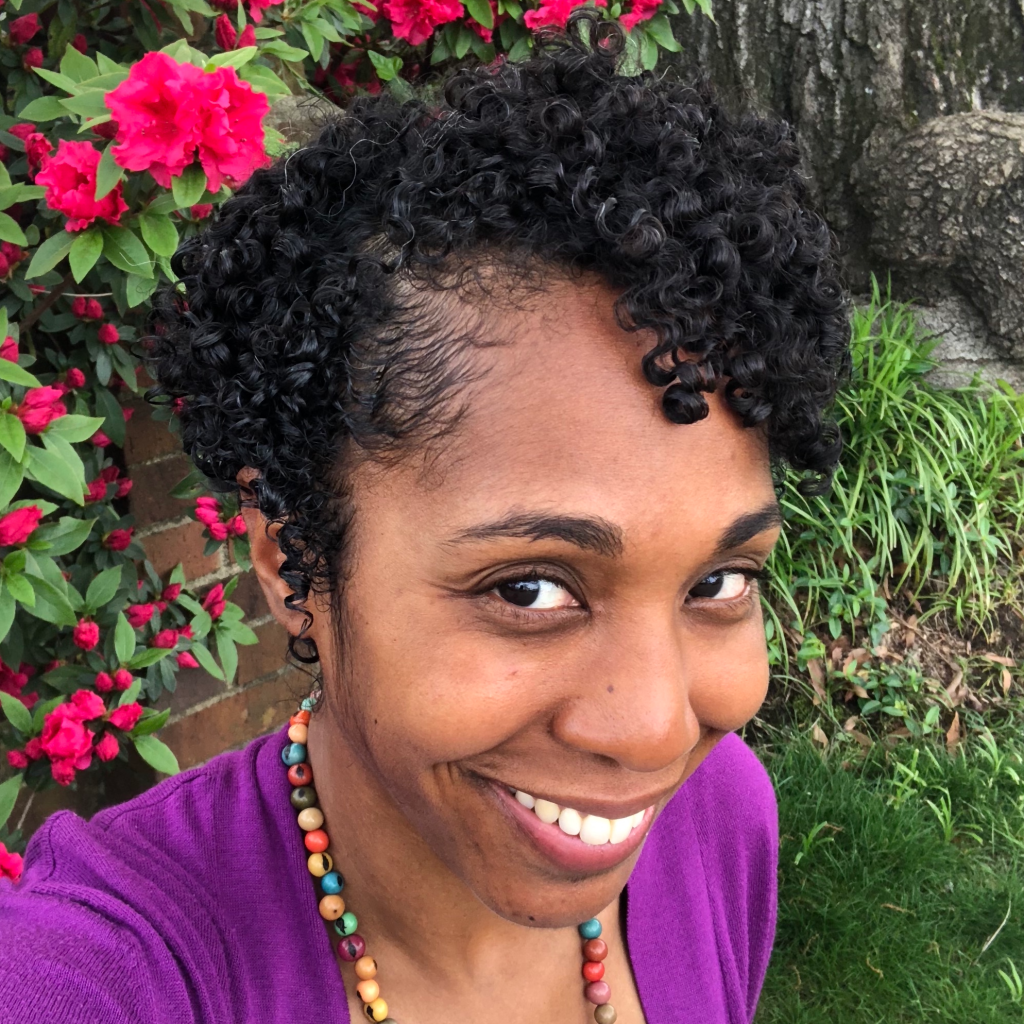Patrice Gopo is an award-winning essayist who writes stories steeped in themes of place, belonging, and home. She is the author of two essay collections: the newly released Autumn Song: Essays on Absence (Nebraska, 2023) and All the Colors We Will See (a Barnes & Noble Discover Great New Writers selection). Her debut picture book, All the Places We Call Home, is based on one of her essays. Patrice lives with her family in North Carolina, where she enjoys walks just after dawn and thinks a perfect day ends with ice cream. Please visit www.patricegopo.com to learn more.
Several years ago, while pumping gas at Costco, I heard a stranger’s voice, “Are you Patrice?” she asked. She then shared that her book club was reading my first essay collection, All the Colors We Will See. She knew we lived in the same city, and she recognized me from the photo on the back cover. A fun memory! However, what I remember most about that interaction was the story she shared. This stranger told me about moving from Utah to North Carolina. She mentioned how she was newly pregnant in a brand new place. “Reading about your move to South Africa and being pregnant, I felt like you understood my story.” And there, as we stood by a gas pump, the thrum of shoppers and rolling grocery carts nearby, the gasoline fumes mixing in the air, there a bridge emerged between me and a stranger, a bridge that connected me to her, a bridge that invited us to name the commonality of emotions we both experienced even as our stories were not duplicates of the other.
There are many reasons the personal essay draws me to the blank page. The opportunity to examine my life and make meaning. The chance to embark on a journey of discovery about myself, others, and the world around me. The chance to ask questions and seek answers and ask more questions. The space to ponder and think and change. Yes, there are many reasons the personal essay draws me, but what stirs me the most is knowing that as I sit with my experiences, mull them over, write words, mull more, revise those words, and journey toward a deeper understanding that I can’t access at first glance, I create opportunities for connection. As I press into the particulars of my experiences, I tap into authentic renderings of human emotion. Emotions that have the capacity to connect with another person’s emotions.
***
In early 2020, a mere month before our globe plunged into a pandemic, I began a journey with grief. As I walked a wooded trail at a retreat center, sacred words floated in on the breeze: Grief comes before forgiveness. And you don’t know how to grieve your losses. That moment amid the aroma of foliage and the scent of earth still damp from the previous night’s thunderstorm served as an invitation to step onto a path. A path that would take me toward unpacking and documenting the losses I saw, felt, and observed as a Black woman moving through our world. Mundane losses and ordinary losses held next to extreme losses and losses so much greater than me. A path that would eventually have a say in the formation of my second essay collection, Autumn Song: Essays on Absence.
Portions of the words in Autumn Song resulted from that time of searching and creating the necessary space for me to acknowledge grief in various forms. The essays in this book invite readers into my stories and ruminations about change, loss, disappointment, inequity, injustice, and the passage of time. They delve into the loss of home, the destruction of a Black neighborhood because of Urban Renewal, the void because of a conflict in an interracial friendship, the changes that arise as we age, and the most ordinary heartaches that are part of living. An overarching theme of navigating absence became a golden thread throughout the collection. As I mulled and wrote, mulled and wrote some more, I began to recognize that flashes of beauty exist despite challenging realities.
I’ve come to understand that my complicated experiences with absence, loss, and change might speak to another person’s complicated experiences with absence, loss, and change. Here is where hearts and minds open to noticing what we might share in common and recognizing how lives might diverge. I desire that those who pick up these essays will find aspects of their experiences in the words but also develop greater awareness of experiences they may not know. Someone who resonates with the loss of an individual’s home might develop greater compassion for the unjust loss of a community. The shifts felt because of the passage of time might remind someone of our shared humanity.
Ultimately, I am a teller of stories—not because I believe my reflections about my experiences bear greater importance than someone else’s. Instead, I do this work because I want to add to the ongoing beauty of how stories can become conduits to creating community. They foster connection between two strangers at a gas pump. They become moments of conveying truth. And stories can change us. As we live them. As we tell them. As we hear them. They can construct bridges that hold the power to heal. I offer Autumn Song to the world with the hope that what I share can extend far beyond just me. Perhaps a reader might find a passage that affirms their reality or challenges them to expand their thinking. Maybe someone who picks up Autumn Song might see something of themselves and see something of another human being. And my belief is that our world is better when people feel seen and when people have an increased capacity to see.

